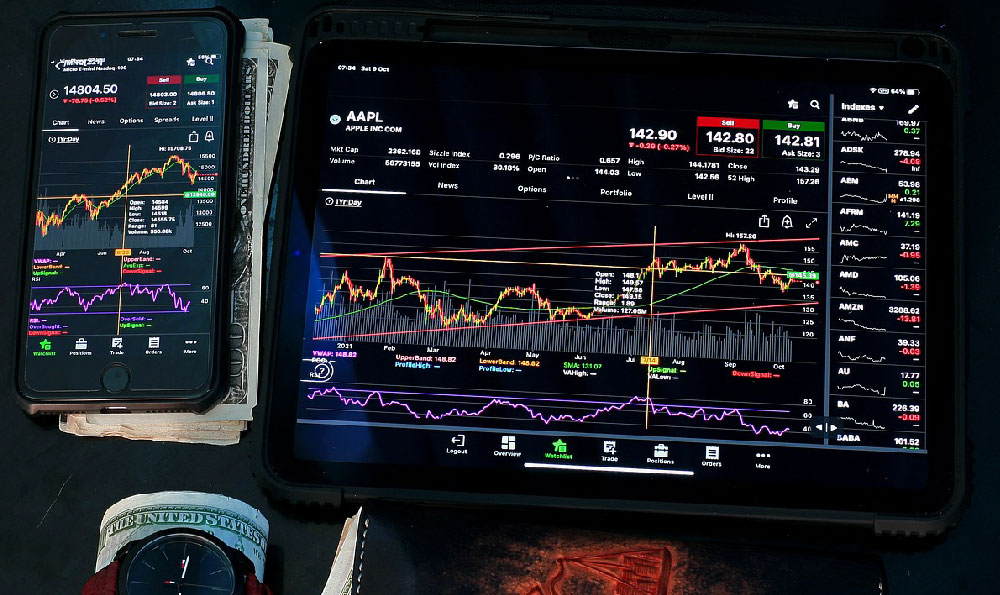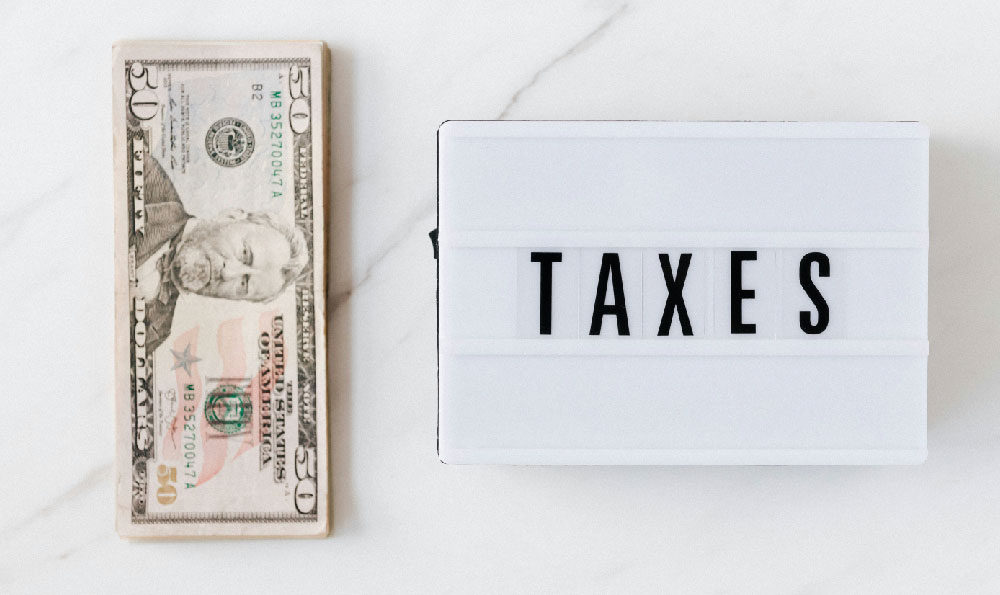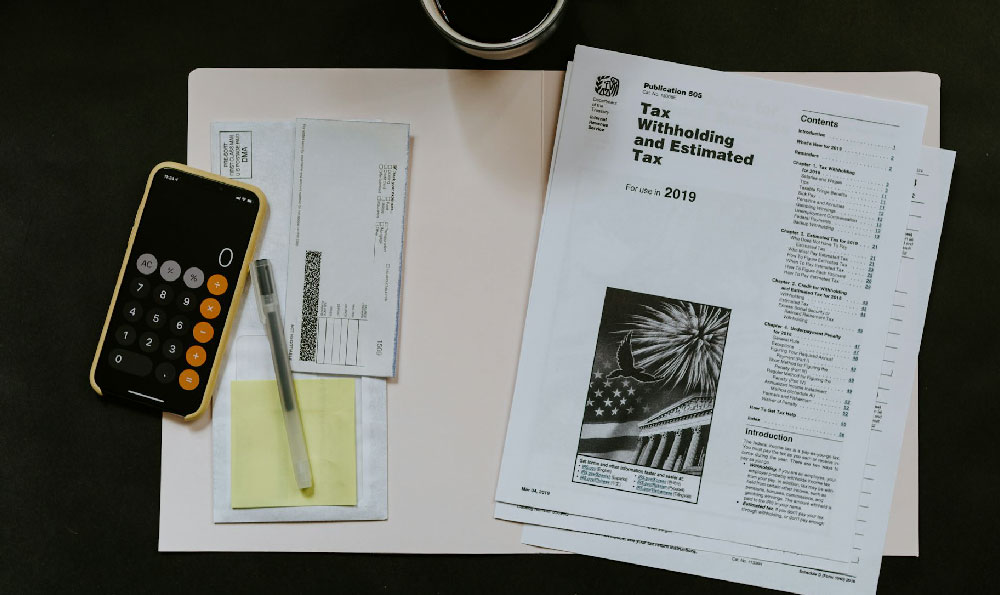The question of how much money Black Mafia Family (BMF) made, and whether it was "enough," is complex and steeped in speculation, legal proceedings, and differing perspectives. There’s no single, definitive answer engraved in stone, but we can examine various sources and methodologies to arrive at a reasoned assessment.
Official estimates stemming from court documents and investigations peg BMF’s earnings from drug trafficking at around $270 million during its operational years. This figure, while substantial, needs contextualization. It represents gross revenue, not net profit. Running a large-scale drug operation involves significant expenses: purchasing narcotics, transportation, paying distributors and enforcers, maintaining safe houses, bribing corrupt officials (if any), and funding legal defense when inevitable arrests occur. Taking all these factors into account, the actual profit margin would have been significantly lower than the reported gross revenue. Some speculate the net profits were likely half of that.
Beyond the officially cited figures, anecdotal evidence and accounts from individuals connected to BMF suggest the actual earnings might have been much higher. Stories circulate about extravagant spending, luxury cars, jewelry, high-rolling lifestyles, and the sheer volume of narcotics moved. It’s plausible that a significant portion of BMF's earnings went unreported and untracked, existing solely in cash transactions and hidden assets. Estimating this "shadow revenue" is near impossible, but some within law enforcement believe the real number could easily double or even triple the official estimate, potentially reaching hundreds of millions more.

The term "enough" is subjective and depends entirely on the individual's aspirations and long-term goals. For someone seeking financial security and a comfortable retirement, even a few million dollars, if managed wisely, could be considered "enough." However, BMF was driven by a different set of motivations. Their pursuit was not merely about amassing wealth but about achieving a certain status, power, and recognition within the criminal underworld. They sought to build an empire, leaving an indelible mark on the drug trade and hip-hop culture. From that perspective, no amount of money would likely have been truly "enough." The more they made, the more they wanted, fueling their ambition and ultimately leading to their downfall.
Moreover, BMF’s definition of "enough" seemed inherently unsustainable. Their business model relied on illegal activities, attracting the attention of law enforcement agencies and rival organizations. The constant risk of arrest, violence, and betrayal was an inherent part of their lifestyle. Even if they had accumulated vast sums of money, the security and longevity of their wealth would always be precarious. Many of their assets were likely seized during the investigation, further diminishing their financial gains.
Furthermore, considering the long prison sentences imposed on BMF's key figures, Big Meech and Terry Flenory, the question of whether the money was "enough" takes on a different dimension. Years spent behind bars, away from family and the trappings of wealth, arguably negate any perceived financial benefits. The price they paid for their ambition was the loss of their freedom, a far more valuable commodity than any amount of money.
One could also argue that the legacy of BMF extends beyond mere financial gains. They cultivated a brand, a mythos that continues to fascinate and influence popular culture. The BMF story has been chronicled in documentaries, television series, and music, solidifying their place in urban legend. In this sense, their "success" might be measured not just in dollars but in cultural impact. However, even this metric is fraught with complexity. While some might view them as anti-heroes or symbols of entrepreneurial spirit, others condemn their actions and the destructive consequences of drug trafficking on communities.
In conclusion, while the officially estimated $270 million gross revenue provides a baseline, the actual amount of money BMF made is likely significantly higher, potentially reaching hundreds of millions more due to unreported earnings. Whether that amount was "enough" depends entirely on the perspective. From a purely financial standpoint, it was a substantial sum, but BMF's ambition extended beyond mere wealth accumulation. Their desire for power and recognition fueled a cycle of greed that ultimately led to their downfall. The long prison sentences and the inherent instability of their illegal enterprise suggest that no amount of money could have truly satisfied their ambitions or secured their long-term well-being. Finally, the harmful consequences of their actions on individuals and communities must be considered when evaluating their overall legacy, rendering any notion of "enough" ultimately hollow.












